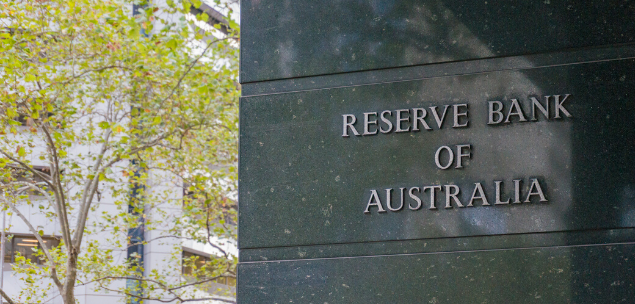With predictions of a November rate cut having all-but evaporated, the question now seems to be when the Reserve Bank might resume its cash rate reductions.
The Reserve Bank is widely expected by economists to leave the cash rate unchanged at Tuesday’s monthly board meeting but yet more gloomy economic data has reinforced an impression it’s a question of when – not if – the next cut comes.
The RBA delivered its third 0.25 percentage point cut in five months last month but is expected to keep that rate at 0.75 per cent on Tuesday while it waits to see whether the record low borrowing costs and government tax handouts do anything to lift inflation and the broader economy.
But the early signs aren’t good, with September’s retail spending data falling well short of expectations when it was released by the Australian Bureau of Statistics on Monday.
“When I look at the three key factors – underlying inflation, unemployment and exchange rates – there are more reasons to drop rates than there are to keeping them on hold,” KPMG chief economist Brendan Rynne said.
“But time is still on our side at the moment, and that’s a good enough reason to sit tight tomorrow and see where some global uncertainties start to fall.”
Futures market pricing suggests a November rate cut is off the table and, while odds on a December cut shortened on Monday’s retail data, February is rated far more likely.
Dr Rynne said rate cuts in other countries – the US Federal Reserve eased last week for the third time this year – meant that economic assist from the lower Australian dollar was diminishing in strength.
The Aussie has risen about 1.5 per cent against the US dollar over the past 10 days, but another rate cut should reverse at least some of that gain.
“Our exchange rate has done a lot of the heavy lifting in keeping the nation growing over the past year, even despite the trade tensions and global economic headwinds,” Dr Rynne said.
“With other central banks now starting an easing cycle our currency will lose some of its competitive punch.”
NAB’s economists still expect a December rate cut “predicated in part on the economy remaining generally softer than expected”, but suggest a pause next month might mean the RBA is preparing unconventional policy measures for early 2020.

